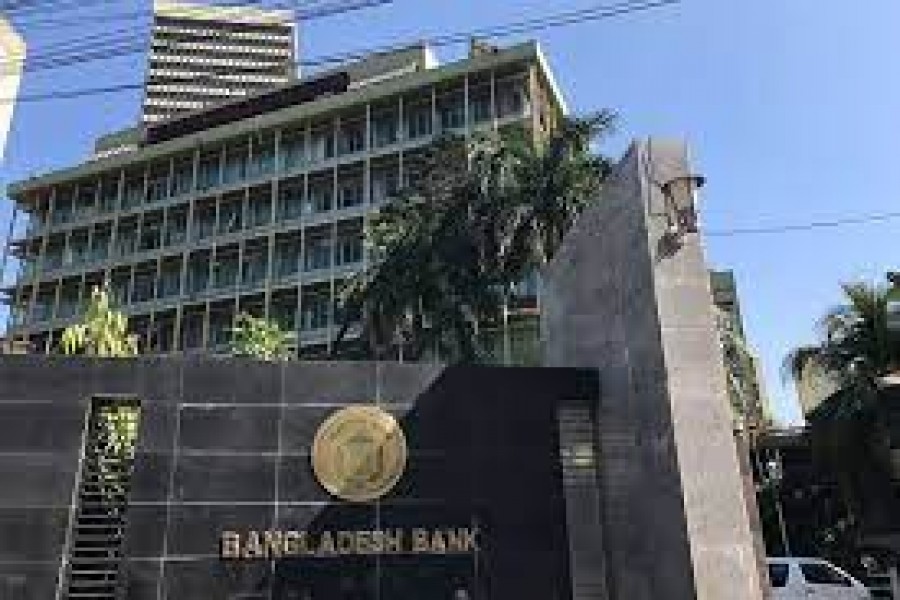The central bank appears firm in safeguarding the interests of the bank depositors. It has turned down the requests from the top bankers to reconsider the latest order on deposit rates.
The banking sector regulator early this week asked the banks not to fix the interest rates of time deposits below the rate of inflation. The directive triggered concern among the bankers who feared erosion in banks' profitability. They met the central bank honchos to persuade the latter to reconsider the decision, but the latter stuck to their stance.
Coming under pressure, the Bangladesh Bank (BB) had advised the scheduled banks to set the upper limit of lending and deposit rates at 9.0 per cent and 6.0 per cent respectively. The banks enforced the revised rates from April last year. Though the move went against the free-market principle, the BB had to go for it to help reduce the so-called cost of doing business, which is claimed to be very high in Bangladesh.
The cut in interest rates, however, failed to buoy up the demand for funds. Instead of going up, the private sector credit growth has declined further in recent months. The ongoing pandemic could be one of the reasons. But, the cut in interest rates has seriously affected the depositors' cause. The banks have been offering interest rates between 4.0 and 5.0 per cent on time deposits. The savings deposit rate is now as low as 2.0 per cent. In recent years, the rate of inflation, as estimated by the Bangladesh Bureau of Statistics (BBS), has always hovered between 5.50 and 6.0 per cent.
So, even if the banks pay interest rates on time deposits complying with the latest directives, the depositors would get 'zero' return from their funds kept with banks, once the interest rate is adjusted with inflation. Savers, these days, are in deep trouble as the scope of investing their funds remains very limited. Investment in stocks is still considered risky and the conditions relating to buying savings tools are now stricter than before. In such a situation, many people prefer keeping a substantial volume of cash in their houses. This is not at all a welcome sign for any economy.
The banks in the last calendar year did well, in terms of their profitability; a good number of them declared dividends as high as 30 per cent for their shareholders. The year saw an economic downturn because of the pandemic. Yet banks could hike their profit riding on certain exemptions given in the case of loan classification and lower deposit rates. It is not fair on the part of banks to pay higher profits to the shareholders at the cost of depositors. The dictated rates of bank lending and deposit have not delivered the intended results. Rather, the decision has given rise to many distortions. It is time the policymakers and central bank reviewed the stance and let the market forces determine the lending and deposit rates.


